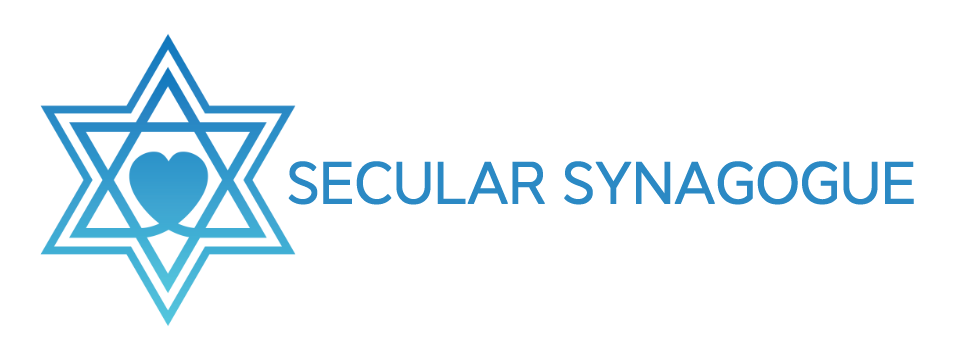Playing well with others
This week I’ve been thinking a lot about how we can build bridges with people and communities even where there are disagreements. It has been very sad to see what has happened with the women’s march. When it happened in early 2017 it was such a coming together around women and many different communities who were saddened by the election of someone who has been openly sexist, racist, and homophobic. The occasion was saddening but the event filled many of us with such hope.
Sadly this year the women’s march leadership has come under fire around issues of antisemitism. Linda Sarsour has long been seen as unfriendly to Jews because of her pro-Palestinian activism. However, Sarsour also did major fundraising for Jews after the Pittsburgh shooting and has condemned antisemitism many times. Tamika Mallory, another of the leaders, has attended events with Louis Farrakhan and the Nation of Islam. It’s her participation that has really made many Jews feel unwelcome at the march. More Jewish voices have been added to the leadership, but it seems the damage is done. Many Jews won’t march this year, which I think is too bad.
We all need to determine what our red lines are. There may be people with whom we can’t stand in solidarity. However, sometimes we isolate ourselves to our own detriment. The values behind the women’s march are greater equity and safety for all. That should be a goal dear to us as those who suffer from antisemitism. More and more I’m understanding that we need broader coalitions in order to increase safety and representation of minority groups.
I also recently attended a meeting of Jewish leaders interesting in approaches to ending antisemitism and we spoke of similar dynamics. We need to partner with other marginalized groups and offer our support when they are the targets of hate. We do this because it is the right thing to do if we are serious about promoting justice in the world. We also do this because there many be times we ask others to stand with us.
Too many times Jews/Jewish groups don’t work with Muslim or Arab people or groups because of issues around Israel/Palestine. Rather than figuring out how to find common ground, we focus on our differences. This means we all lose out because we can’t count on each other for mutual support.
The community I serve in Toronto, Oraynu Congregation, is in a wonderful position to engage with other groups. We have spent the last few years investigating our relationships with others. We had a full weekend program on Jews in the Muslim world, via Dean/Rabbi Adam Chalom’s IISHJ presentation a year and a half ago. We have spent two years focusing on Indigenous issues. We have talked about Black Lives Matter and anti-racism. In each instance, we have come up against some attitudes we may continue to harbor which are based on stereotypes. In each instance, we likely realize we have more in common with other marginalized groups. And in many cases we *are* those groups. There are Jewish Arabs. There are Black Jews. There are Jewish/Indigenous folks. It isn’t an “us/them” situation at all.
More importantly, as we see a rise in the expression of white supremacist hate, we know we are better off sticking together with other folks who feel similarly threatened.
My hope is that all of us, those in Jewish communities or not, remember to try to find common ground. Seek to understand the motivations of the people with whom you disagree. Understand that things will be complex and messy but, even so, we are much stronger together.
The people I serve are, above all, a group of people who care about doing good in the world. I know I can count on you — and that’s what continues to fill me with hope.

